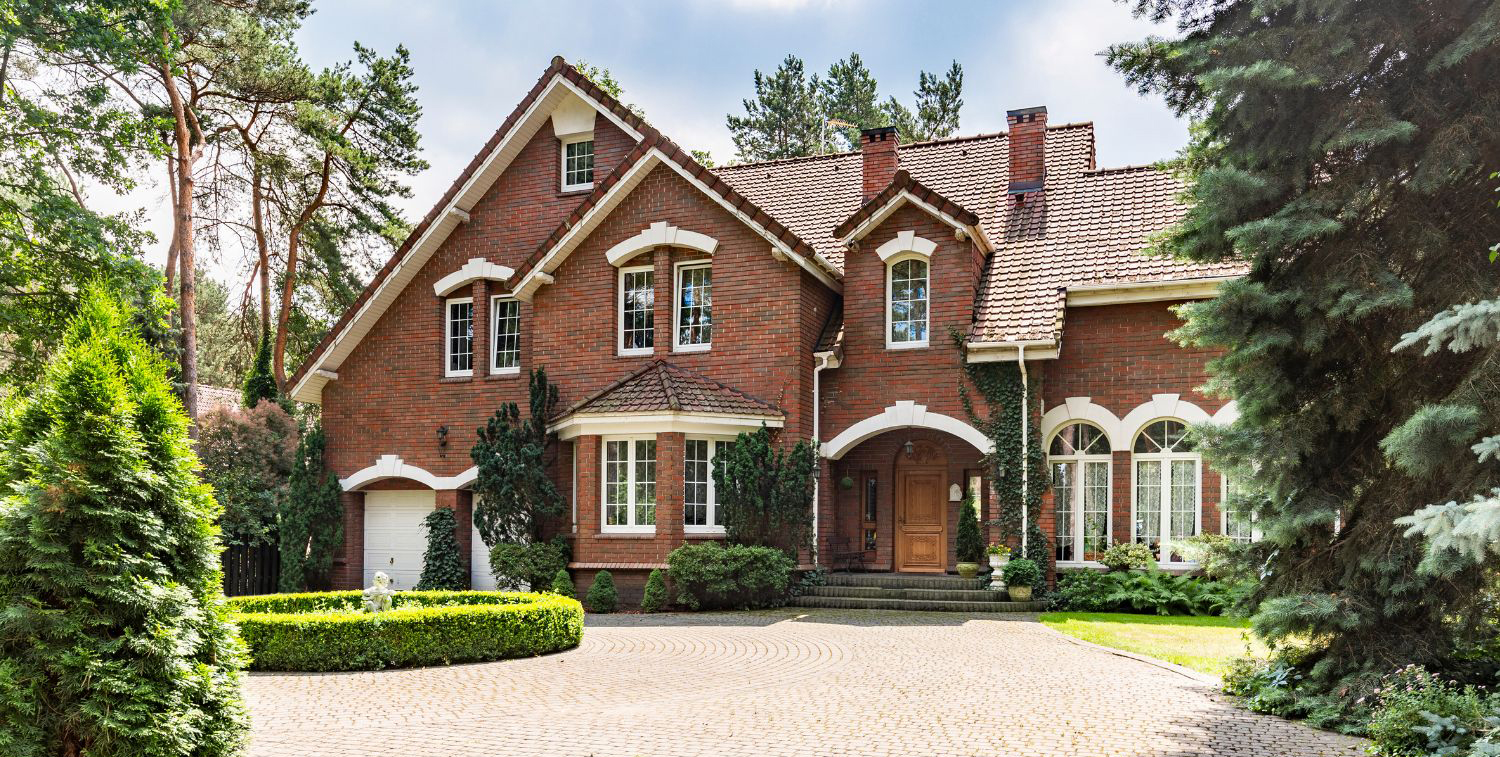Pending before the New Jersey Assembly Appropriations Committee is Bill (A-1571/A1576, Houghtaling, Egan) (the “Bill”), which would impose prevailing wage requirements on private commercial real estate projects that receive tax abatements or tax exemptions, commonly referred to as “PILOTs.” PILOTs are tax-incentive tools available to municipalities to encourage property owners and developers to make improvements to property or to locate a project in a distressed or blighted area for certain tax exemptions. More specifically, the Bill would make, subject to certain narrow exceptions, any commercial real estate project for which a public body provides, approves, or authorizes a tax abatement or tax exemption subject to the Prevailing Wage Act. Exempt from the Bill are properties of a nonprofit organization defined by N.J.S.A. 54:4-3.6, NJ Economic Development Authority Business Employment Incentive Program Act, or the Casino Reinvestment Development Authority projects.
Critics of the Bill, including organizations such as NAIOP NJ and the New Jersey State League of Municipalities, have expressed concern that prevailing wage requirements for PILOT projects will “cost a project out of existence”” and will “render many projects infeasible and towns will lose opportunities for jobs, affordable housing, clean ups and economic growth.” Additionally, critics believe that such requirements on PILOT projects would remove “the single-most powerful tool available to municipalities” to incentivize development and would have a “detrimental effect on economic development throughout [New Jersey].” More specifically, critics argue that the Bill will have the most significant negative impact on mixed-use developments, historic preservation, infrastructure installation, affordable housing, and environmental remediation projects.
There is also a Senate companion to the Bill, S-1956, which was introduced on February 25, 2020 and referred to the Senate Labor Committee.
If you have any questions about this Alert, please contact Nicholas Racioppi, Jr. at nracioppi@riker.com, Frank J. Vitolo at fvitolo@riker.com, or Anthony K. Lombardo at alombardo@riker.com.





